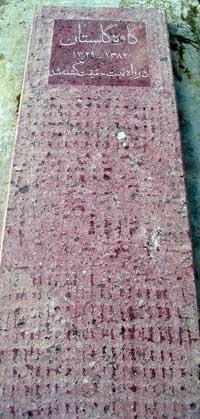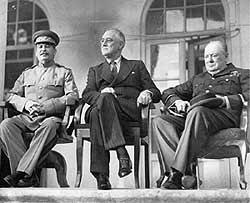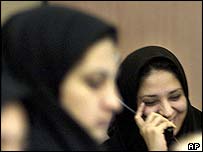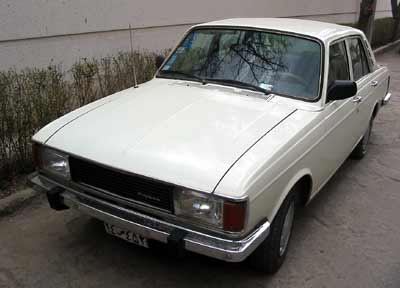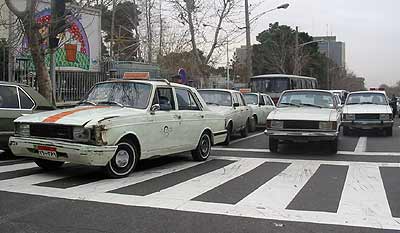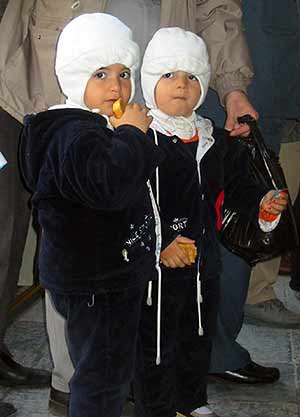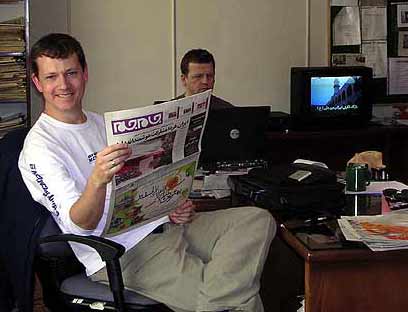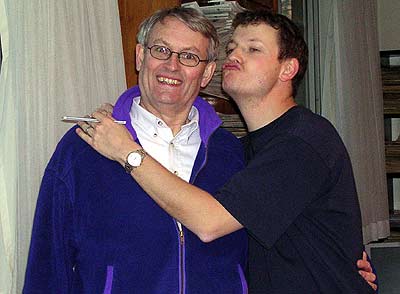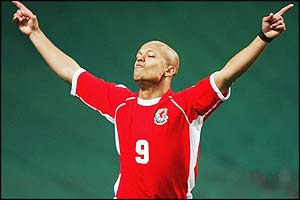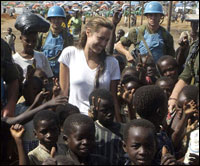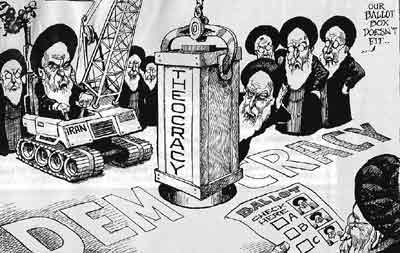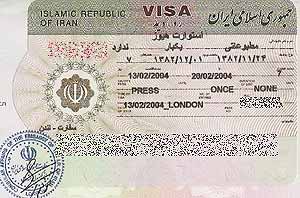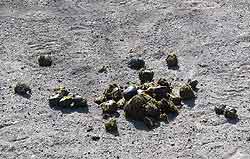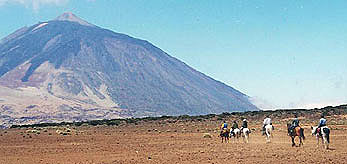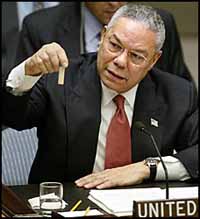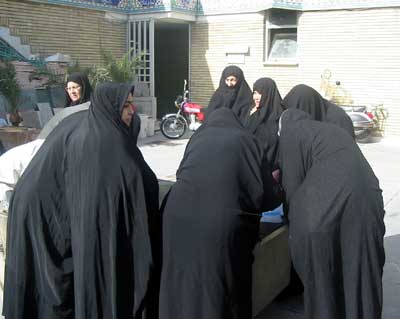
The rollercoaster of news stories that have landed in my lap since I arrived here in the early hours of Wednesday morning has meant that it was only on election day that I was finally able to get out and about onto the pollution-choked streets of Tehran to “gauge the mood” – as journalists are fond of doing.
Until then, my picture of modern Iranian society had been a fragmentary one. For me, it was summed up by the behaviour of the bureau’s assistant, Negar.
She arrives at the office every morning dressed in long black coat and modest hejab. As soon as she’s indoors, though, she takes off her headscarf to uncover her hair. Beneath her coat, Negs wears western clothes.
It’s not every day that a foreign journalist with a microphone and a camera can walk up to an ordinary Iranian and ask them what they think about their country’s political system – and simply walk away afterwards.
On any normal day, gauging opinion on the streets of Tehran would instantly attract the attention of one of the many branches of Iran’s security forces – the Revolutionary Guard, the police, or undercover intelligence officers.
But election day for the seventh Iranian parliament, or majlis, was no ordinary day. More than 200 foreign journalists are reporting on the elections – and the authorities are eager to show their country in its best light.
At a polling station in the prosperous suburb of Niavaran, in northern Tehran, voters – and some who have simply turned up out of curiosity or to give moral support to relatives -- were eager to express their views, even if many are less willing to give their names or have their photographs taken.
Long lists of candidates hang are posted along the walls of the polling stations. But the names of many would-be candidates were absent. Prior to the election Iran’s hardline Council of Guardians, an unelected watchdog, banned around two and a half thousand reformist politicians from standing.
The reformists, already under pressure over their perceived failure to fulfil their promises to liberalise Iranian society, decided to boycott the poll.
Many voters followed suit, including translator Bahar Irani.
“The candidates standing only represent about 10% of the population,” she told me.
“If the candidates don’t represent the population then it’s not a real election.”
Bahar Irani had only turned up at the polling station to accompany her sister, Noushid Najafi.
Although blood relatives, the two share very different political views – one a reformist, the other deeply conservative, a fact highlighted by her flowing black chador covering her entire body.
“It’s not because I’ve been tortured or anything like that I’ve chosen to vote,” Noushid said.
“It’s my right to vote, I want to vote, and that’s why I’ve done it.”
For some Tehranis, though, the ideological divide between conservatives and reformists is a side issue.
“All politicians are as bad as each other,” said Zohreh Sadri.
“They only think of themselves and their own wallets – and that goes for those who vote for them as well.
“If the turnout is low it’ll show that the politicians aren’t representing the will of the people.
“The whole election is a sham.”
That’s a sentiment shared by Ali Sami’ee, a 22 year old student.
“We do have a parliament here but as long as there is an unelected body like the Council of Guardians then parliament will basically be powerless.
“Whether we like it or not, the regime will be the overall winner.”
As I left Ali Sami’ee and walked away from the Niavaran polling booth he was immediately approached by a plainclothes intelligence officer and questioned about our conversation.
Old habits die hard in Iran – even on election day.
(A version of this entry can be found
here.)
